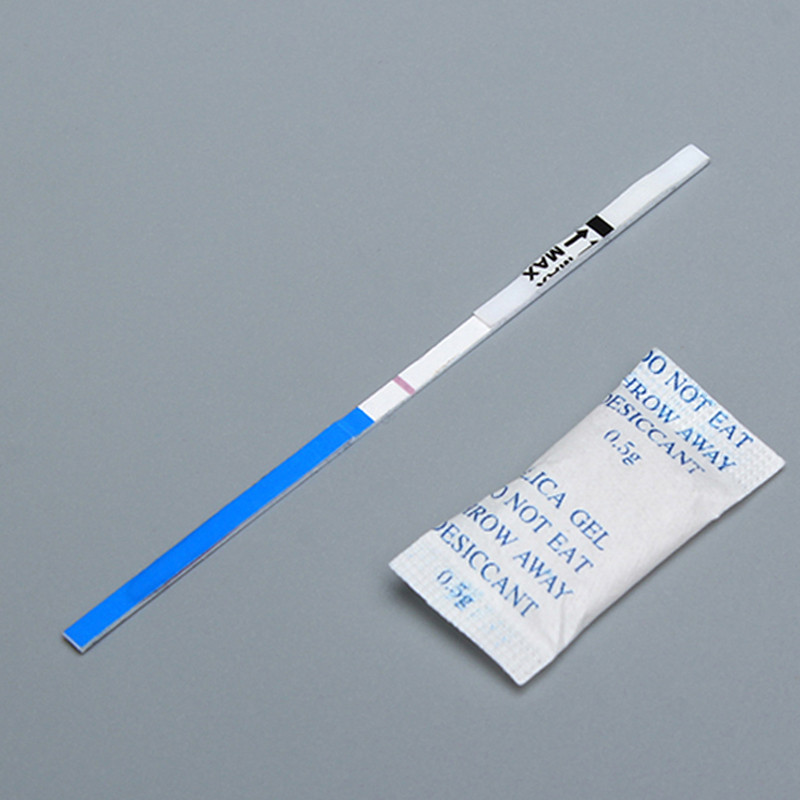Oct . 03, 2024 02:50 Back to list
Rapid Dual Dengue Testing for Effective Disease Management and Diagnosis
Understanding Quick Tests for Dengue A Focus on Duo Dengue Tests
Dengue fever, a mosquito-borne viral infection, has become a significant global health concern, especially in tropical and subtropical regions. With millions of cases reported every year, the effective and prompt diagnosis of dengue is crucial for managing the disease and preventing outbreaks. Among the various diagnostic tools available, quick tests, particularly the duo dengue tests, have emerged as valuable resources for healthcare providers.
What are Duo Dengue Tests?
Duo dengue tests are rapid diagnostic kits designed to detect two critical components of the dengue virus the dengue NS1 antigen and the antibodies (IgM and IgG) produced by the immune system in response to the infection. This dual detection capability allows healthcare professionals to ascertain not only the presence of the virus itself but also the patient's immune response.
The NS1 antigen is a glycoprotein secreted by the dengue virus during the early stages of infection, making it an excellent marker for early diagnosis. Meanwhile, the IgM antibodies indicate recent dengue infections, typically appearing within a week after the onset of symptoms, whereas IgG antibodies signal past infections and can be detected later.
Importance of Early Diagnosis
Early diagnosis of dengue is crucial for several reasons. First, it allows for timely medical intervention, which can significantly reduce the risk of severe complications, such as dengue hemorrhagic fever or dengue shock syndrome. Second, it helps in implementing public health measures to control the spread of the virus, especially during outbreaks. Additionally, accurate early diagnosis can aid in better clinical management and resource allocation in healthcare facilities.
Advantages of Quick Tests
quick tests duo dengue

The appeal of quick tests, particularly duo tests, lies in their simplicity and rapid results. Typically, a duo dengue test can be conducted at the point of care with minimal training, leading to results in as little as 15-20 minutes. This quick turnaround time is instrumental in areas with limited laboratory access and high transmission rates, where timely diagnosis may save lives.
Furthermore, these tests are non-invasive and require only a small blood sample, making them more acceptable to patients. The ease of use also means they can be employed in various settings, from urban clinics to remote rural areas, bridging the gap in healthcare access for individuals in different communities.
Limitations and Challenges
Despite their advantages, duo dengue tests are not without limitations. False positives and false negatives can occur, especially in areas where other viral infections are prevalent. The specificity and sensitivity of the tests can vary based on the brand and the timing of sample collection. It's crucial for healthcare providers to interpret the results in conjunction with clinical findings and epidemiological data.
Moreover, in some regions, there may be a lack of awareness or training regarding the proper use of these tests, which can hinder their effectiveness. Continuous education and training for healthcare providers are essential to ensure accurate diagnoses and appropriate patient management.
Conclusion
As the global incidence of dengue continues to rise, quick diagnostic tests, especially duo dengue tests, play an essential role in combatting this public health threat. Their ability to provide rapid results can lead to timely interventions that reduce morbidity and mortality associated with the disease. While there are challenges in their implementation, the benefits of using rapid diagnostic methods cannot be underestimated, particularly in resource-limited settings.
Moving forward, it is crucial for healthcare systems to integrate these tests into routine practice, ensuring that health workers are trained and equipped to use them effectively. Moreover, ongoing research and development must focus on enhancing the accuracy and reliability of these tests. With these strides, we can hope to achieve better outcomes in the fight against dengue fever, protecting communities at risk and ultimately advancing public health initiatives worldwide.
-
Dengue NS1 Rapid Diagnostic Test Kit
NewsMar.07,2025
-
Dengue NS1 Rapid Diagnostic Test Kit
NewsMar.07,2025
-
Dengue NS1 Rapid Diagnostic Test Kit
NewsMar.07,2025
-
Transferrin Rapid Test Cassette Tumor Marker TF Card
NewsMar.07,2025
-
Malaria Pf Pan Rapid Diagnostic Test Kit
NewsMar.07,2025
-
malaria pf / pan ag rapid test
NewsMar.07,2025

